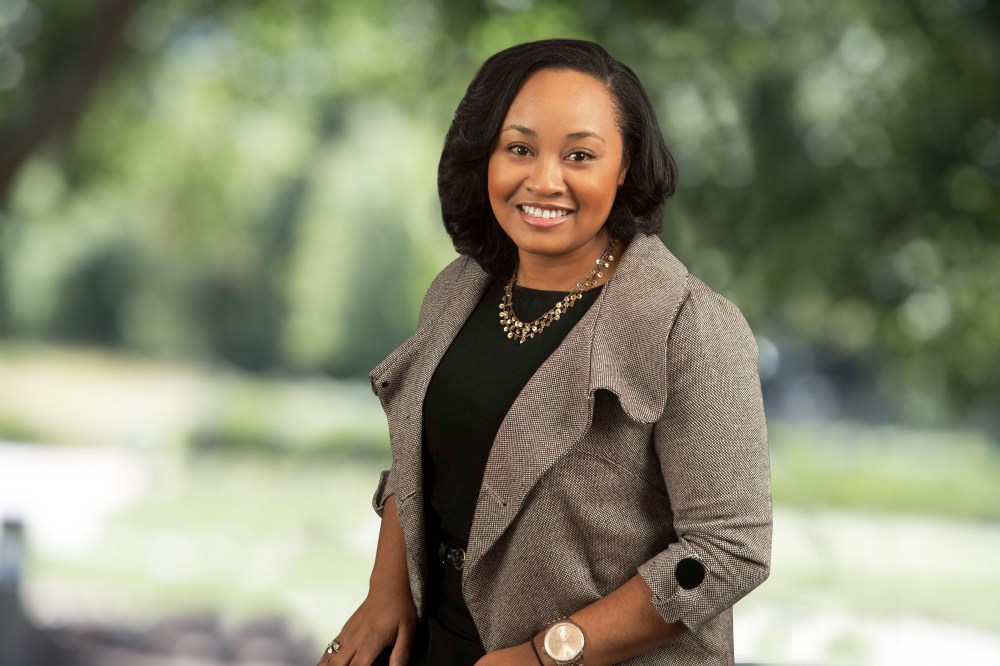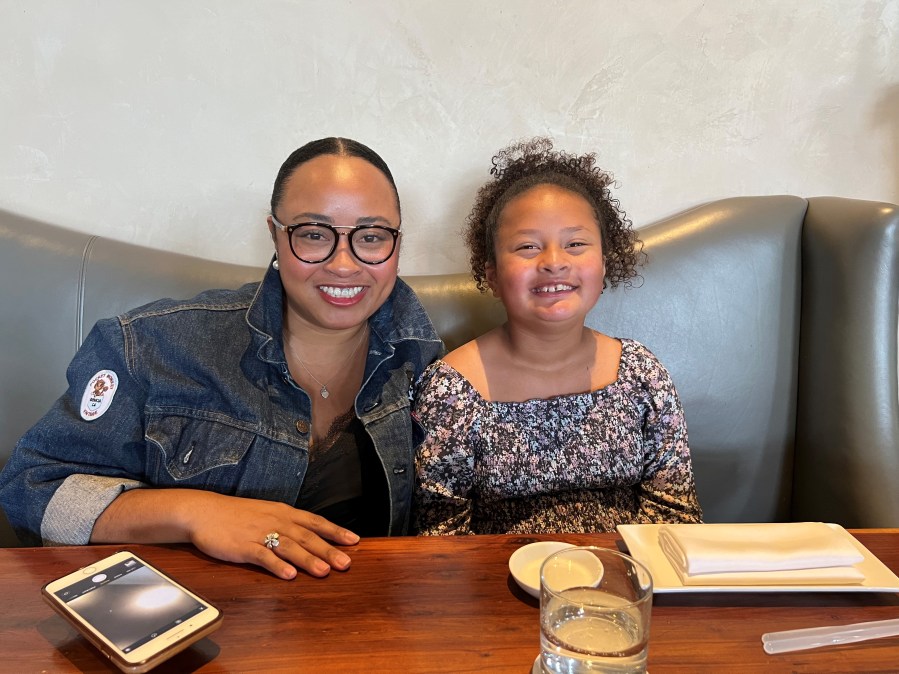Lawyer and social commentator Dr. Shola Mos-Shogbamimu was recently celebrated — and criticized — for repeatedly telling journalist Dawn Neesom on-air to pronounce her name correctly.
“This is terrible, especially from a presenter,” Dr. Shola told Neesom. “Go back and start again. Phonetically.”
It’s a reasonable expectation for a host to know the names of their guests. Though it is not an unfamiliar occurrence for Dr. Shola, who encountered a similar occurrence just last year on “Good Morning Britain.”
It’s also a common occurrence for many women, particularly women of historically excluded groups. And as someone who works in diversity, equity and inclusion, it’s important for all of us to realize that pronouncing a name correctly goes far beyond common courtesy.
Yes, workplace encounters generally include some variation of “Hello, my name is ___.” It’s a simple exchange that represents an opportunity to demonstrate respect one to another. These moments can be a significant act of kindness, a signal of value, an act of inclusion – or – at worst, a slight, a missed opportunity, an act of exclusion.
Offering a gracious, “Read it, my darling, read it,” Dr. Shola encouraged Neesom even as the host struggled to pronounce her name multiple times before attempting to shorten it to “Shola.” Unrelenting, Dr. Shola did not allow Neesom to merely move on. “You will say my name.” Watching the exchange, a swell of pride and solidarity washed over me. It’s a situation I know all too well.
Names matter. They beget honor, have meaning, convey history, carry heritage, and hold within them our hopes. My full name is Amira Kalilah Sharifa Barger (Adams). It was given to me with a purpose and is a carefully curated mixture of Arabic and Hebrew chosen by my father – who fell in love with and was versed in both languages. He gifted me these names to affirm Black empowerment, to tie back to the history and beauty of the African continent, and to guard against the inferiority others would attempt to burden me with as a Black woman. Amira means princess. Kalila means darling beloved. And Sharifa means honored.
Having spent much of my childhood on the island of Guam, my upbringing afforded me a place rich in culture surrounded by an array of intricately beautiful names. In fact, I’d never considered my name “difficult” until my family moved back to the mainland United States. The more my name was labeled “exotic,” I struggled with how, or if, I should correct people.
My daughter’s name by comparison simple. Or so I thought. She is often mistaken for “Aubrey” instead of “Audrey.” When I overhear it being mispronounced, I tell her each and every time, “That’s not your name, tell them what it is.”
I realized, however, I had been encouraging my daughter to do something I had not been practicing. For many years, I, like others, erred on the side of letting it go, not bothering to correct people. Occasionally, I would offer a light-hearted comparison to try and help. “It’s Uh-Meer-uh. Like A-mirror.” I would sit idly by as my name was butchered into “America” or tossed aside in favor of a nickname like “Mimi”. And then, in 2021, my discomfort and uncertainty were put to rest.













